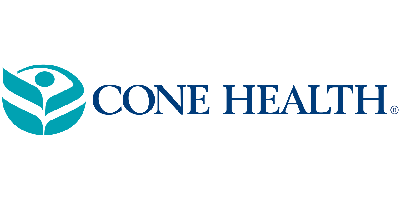The RN Care Manager for Post-Acute Network Oversight plays a key role in managing care quality and transitions across a network of Skilled Nursing Facilities (SNFs). This position serves as a clinical liaison between hospitals, SNFs, home health agencies, primary care providers, and accountable care organizations (ACOs), ensuring that patients receive high-quality, coordinated, and cost-effective care throughout their Post-Acute journey.
The RN Care Manager will monitor SNF performance, support evidence-based care delivery, and help reduce unnecessary hospital readmissions, while fostering strong relationships across the Post-Acute continuum. Case Management/Care Coordination: Collaborate with interdisciplinary teams to develop, implement, and manage individualized care plans for patients, ensuring comprehensive, holistic support. Act as a liaison between patients, families, and healthcare providers to ensure continuity of care across settings.
Patient Engagement: Educate and empower patients and their families about health conditions, treatment options, and self-management strategies. Leveraging motivational interview techniques and teach back methods.
Assessment and Monitoring: Conduct thorough health assessments, identify barriers to care, and monitor patient progress to optimize outcomes, prevent admissions readmissions, emergency department visits and/or exacerbations. The nurse should demonstrate the ability to proactively assess and anticipate patients' needs, recognizing early signs of potential complications or deterioration in their condition. This includes employing critical thinking skills to monitor changes in health status and effectively intervening to ensure optimal patient outcomes. Regularly review and adjust care plans based on patient progress and outcomes, utilizing data to inform decisions.
Quality Measurement: Assist with addressing HEDIS measures related to preventive care, chronic disease management, and care coordination, ensuring compliance with quality metrics.
Care Gap Closure: Identify and address care gaps for patients, facilitating necessary screenings, vaccinations, and follow-up appointments to improve overall health outcomes.
Resource Management: Navigate and connect patients with community resources, support services, and specialty care as needed.
Data Management: Utilize electronic health records (EHR) to track patient outcomes, document care activities, and ensure compliance with regulatory standards.
Quality Improvement: Participate in quality improvement initiatives focused on care gap closure, HEDIS performance, and overall patient satisfaction, contributing to the development of best practices and improve patient outcomes.
Advocacy: Serve as a patient advocate, ensuring that patient preferences and values are incorporated into care planning and decision-making processes.
Reporting and Analysis: Leverage data and analytics to evaluate quality metrics, patient outcomes, and care coordination efforts for internal and external stakeholders.
Clinical expertise: Develop clinical expertise in specialty areas and/or chronic conditions and be recognized as a care management resource for population management (i.e. COPD, Diabetes, HF, Sepsis, ESRD, Sickle Cell Anemia, HTN, etc.). Identify and respond to potential health crises, providing timely interventions to prevent hospitalizations and/or emergency department visits.
Accountable for satisfying all job specific obligations and complying with all organization policies and procedures. The specific statements in this profile are not intended to be all-inclusive. They represent typical elements considered necessary to successfully perform the job. Additional competencies and skills outlined in any department-specific orientation will be considered essential to the performance of the job related to that position. |
 Cone Health
Cone Health
 Nov 12, 2025
Nov 12, 2025 

